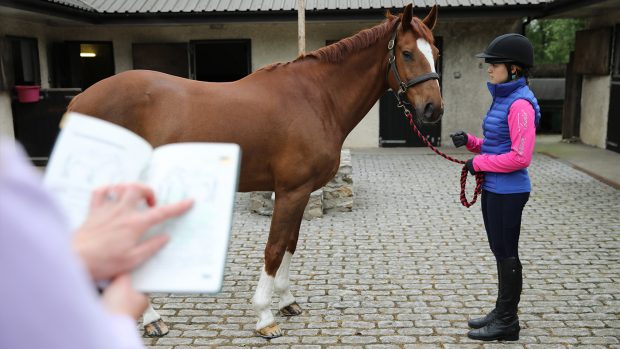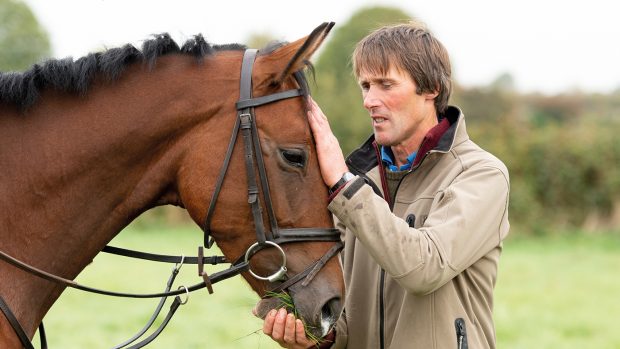View horses for sale
More legal advice on buying horses
Q: I bought a young eventer for £10,000 from a horse dealer, but a month later she went lame. A vet confirmed she had a degenerative condition.
As this was deemed pre-existing, the insurance company will not pay out. She was not X-rayed at the time of purchase as the insurance company was willing to insure her on the basis of a five-stage pre-purchase vetting.
Although the insurance policy doesn’t cover pre-existing conditions, could I challenge its decision? The company accepted the risk on the basis of the pre-purchase vetting. Osteochondrosis (OCD) was not known at the time of purchase.
Or would I be better off pursuing the horse dealer for costs or for him to buy her back for the purchase price? He proclaimed the horse sound at the time of purchase.
KB, Berwickshire
It is vital you read the conditions of your policy regarding pre-existing conditions and follow correct grievance procedures with your insurance company.
According to David Buckton of South Essex Insurance Brokers (SEIB), insurance law requires everyone to make a full disclosure of knowledge about what they are insuring, while the Association of British Insurers’ code of practice modifies this to disclosure of what can reasonably be known.
“In this case, it seems that the insurer has accepted the reader did not know of the problem when taking out the policy as they have not declined the claim on the grounds of a material non-disclosure,” he said. “At SEIB, we would not waive the X-ray requirement if loss of use cover was proposed.”
An insurance company is only liable for something that happens within the policy period. This condition pre-existed policy inception, but the policyholder didn’t know of it – bearing in mind X-rays would likely have shown up the problem. The important date – when the condition first developed or when it first became clinically manifest – will depend on the precise wording of the exclusion in the policy.
“If you are unhappy about the insurer’s decision you are entitled to complain, and if you are dissatisfied with their final response, you may refer your complaint to the Financial Ombudsman Service (FOS),” said Guy Prest of Kbis insurance company. “In this case, if taken to the FOS, I believe they would find in favour of the horse owner.”
The Sale of Goods Act 1979 implies that the goods are fit for their purpose, are of satisfactory quality and correspond with their description.
“The horse appears to have had a latent defect – something which examination prior to purchase could not have revealed,” said Elizabeth Simpson, senior solicitor with law firm Andrew Jackson. “It is nevertheless something that could render the horse unfit for its purpose. The horse dealer is still potentially liable even though the utmost skill and judgement on his part may not have revealed the existence of the OCD.”
However: “You may have lost the ‘right to reject’ due to having already confirmed acceptance of the horse to the seller, the passage of time or carrying out acts which may be considered inconsistent with the seller’s ownership of the horse,” said Elizabeth.
If unable to reject the horse, you would be entitled to seek damages.
Information
SEIB, tel: 01708 850027 www.seib.co.uk
Financial Ombudsman www.financial-ombudsman.org.uk
Kbis, tel: 01635 244379
Andrew Jackson, tel: 01482 325242 www.andrewjackson.co.uk
This Q&A was first published in Horse & Hound (19 March, ’09)
Looking for horses for sale near you?
Need legal advice on buying horses?
Buying a new horse? Compare insurance prices at horseandhound.co.uk/insurance




